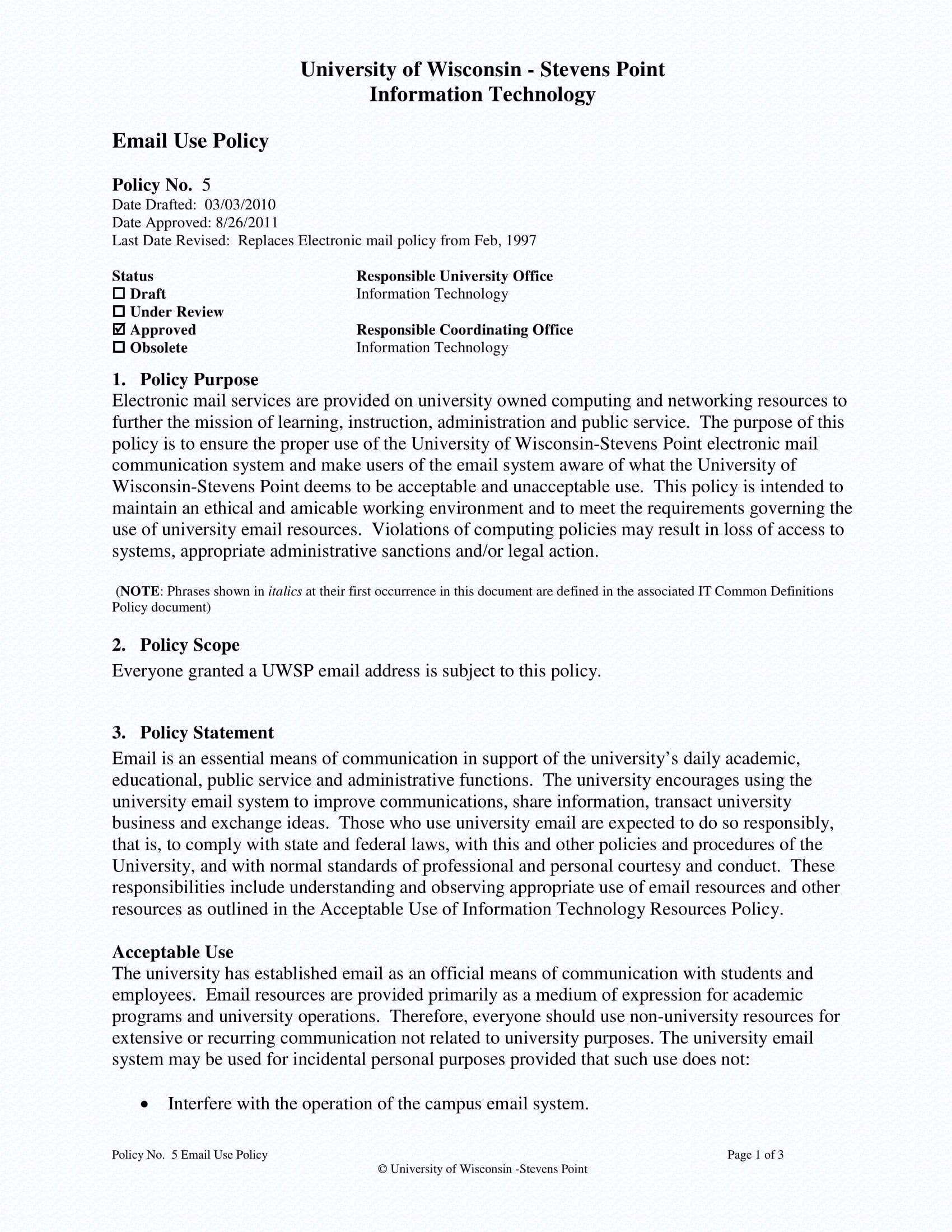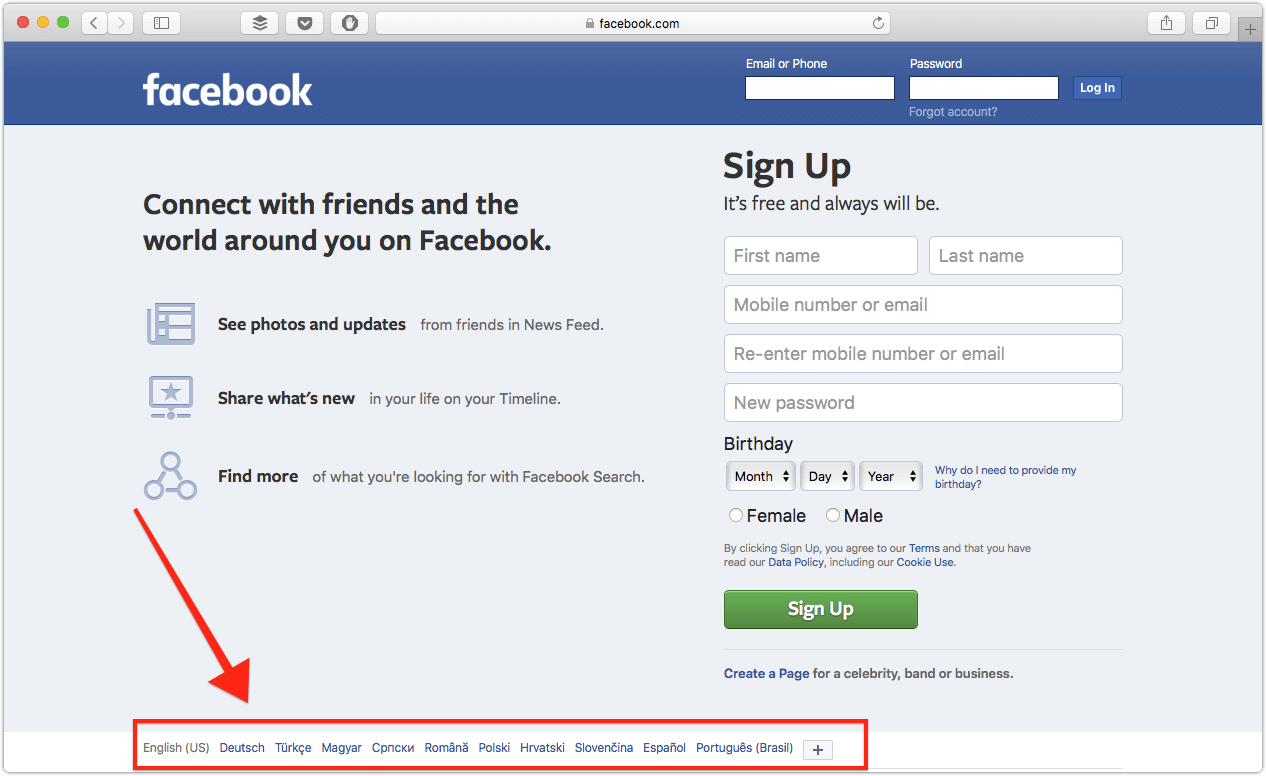Saturday, January 22, 2022
Friday, January 7, 2022
Will Grammar Examples
"Going to" and "will" are used in the English language as the future tense. The future tense has many different ways of being expressed. Verbs are words that we use to refer to actions or states of being.
In English, verbs can be used in a variety of verb tenses. The tense of a verb, generally speaking, tells us at what period in time an action or state is happening. The particular verb tense we will look at is called simple future tense. Simple future tense is used to refer to events that will happen in the future.
The future tense with will, also simple future, is one way of talking about future events in the English language. We can use the simple future with will to express a spontaneous decision, a prediction or a future event that cannot be altered. It is formed with the auxiliary verb will and the infinitive or base form of the main verb. "Will" is a modal auxiliary verb, meaning that there is no "s" on the third person singular conjugations. The main verb in the sentence is in the infinitive form (without "to").
The negative form is "will not" which is usually contracted in spoken English and we say "won't". Similarly "will" is sometimes contracted to "'ll" when speaking. It is important to remember that in such cases when decisions have already been made, the simple future tense with "will" should not be used. While the English language has past and present tenses, it does not have a future tense.
To form questions in the future perfect progressive tense, follow the formula will + subject + have been + present participle, as in these examples. The structure for questions in the simple future tense is similar. It's typically will + subject + verb or to be + subject + going to + verb. Here are examples of sentences that use verbs in the simple future tense. As you can see, the form remains exactly the same regardless of what subject we use. A future tense verb is used to show something is going to happen in the future.
The differences in future verb tenses depend on whether the action will be ongoing or completed at a specific time. So, you might say, "Tomorrow, I will write," or "By tomorrow, I will have been writing for six days straight." You may have to rearrange the pronouns and adjust punctuation when you change the order of the clauses, but the meaning is identical. In English, we often use the present progressive (be + verb + ing) to talk about future events which have already been planned. Time words in the sentence, such as next week, next year, tomorrow, etc., make it clear that the action is not happening at this moment. 1."Will" and "going to" are both used for the future tense.
The difference between this tense and the future progressive tense is that the future progressive tense does not specify an exact date/time. However, the future perfect progressive tense does. In effect, it combines the future perfect tense with the future progressive tense. In the last lesson, we talked about making simple future tense sentences with the word "will".
Now, let's see how to make negative sentences with "will". When using this form, we conjugate the verb be so it agrees with the subject of the sentence. Check out these example sentences that use this casual form of the simple future tense.
Take note of how the verb be is correctly conjugated depending on the subject of the sentence. Sometimes, the word will is swapped with the word shall in the simple future tense. This form is not commonly used in regular writing and speech in English. Shall is most often used in formal writing or legal documents and court orders. Will is a modal auxiliary verb, where it describes an action that is expected to take place in the future. It modifies many verbs in their future tenses.
2."Will" is used to express the future as a fact. It is used to express what we think might happen in the future and when we decide at the time of speaking that something has to be done in the future. "Going to" and "will" are used for the simple future tense, but their usages are different from each other. Let's try to understand them by some examples and explanations.
To form questions in the future perfect tense, the formula is will + subject + have + past participle. Instead of simple future, simple present is used. The simple future tense doesn't get much more complicated when we want to make it negative. In order to make the simple tense negative, all you need to do is put the word not after the word will.
The simple future tense is very easy to make and is very useful. Click here to learn how to USE this verb tense. Will and shall are two modal verbs used to show the future tense. Here is a comparison and 100+ sentences of will and shall, so that you can understand them better. Both will and be going to can express the idea of a general prediction about the future.
Predictions are guesses about what might happen in the future. In prediction sentences, the subject usually has little control over the future and therefore USES 1-3 do not apply. In the following examples, there is no difference in meaning. The simple future is a verb tense which is used to show that an action will take place at a specific time in the future. The simple future is also used to talk about future habits and future generalizations. In many ways, the verb tense behaves like the simple past.
Past unreal conditionals also contain "would." But they are more complex and require a strong understanding of present and past perfect verb tenses. You can read more about these conditionals in an earlier episode of Everyday Grammar. All modal verbs are auxiliary verbs, which means they can only be used with a main verb.
Is To Be Grammar Examples Thanks to the depths of language, we can express ourselves in the past, present and future tense with clarity. The future tense is particularly interesting because we can plan upcoming events with mild specificity or great detail. Ready to dive into the past and further explore the present? Explore these categories of English verb tenses for all the details. Maybe you will eat a delicious breakfast alone, or you will go to a diner to enjoy a stack of pancakes with a friend?
When you come home, you will watch TV or maybe you will browse social media. At the end of a long day, you will sleep in your bed. You might not do any of these specific things, but you will do something in the future. When we refer to things that will happen in the future, we often use something known as simple future tense.
Contractions are a combination of certain pronouns, verbs and the word not. They are mostly used in spoken and informal written English. The table below provides an overview of contractions in the future tense using the verb will. As you know, we use "must" to express necessity or obligation in the present. "Must" is a modal verb, therefore it does not have an infinitive form.
Because of this, the auxiliary verb "will" cannot precede "must". We express necessity or obligation in the future with the verb "to have to". You may have heard auxiliary verbs referred to as helping verbs, but what is this type of verb, and what does it do in English? When we say it is "helping" a main verb, we mean it's helping to clarify it. Explore what auxiliary verbs are and how they are used in English. When you have a set time something will be accomplished in the future, you use future perfect progressive tense.
Get a clear idea of this tense through examples. Since you know the structure of simple future tense, it can be helpful to look at a few examples. Since no one knows the future, it seems fitting that there are four different ways to express actions that will take place in the future. Learn the different ways that you can express what's going to happen by using future tense verbs. 2.We can also use the simple future tense to ask questions about the future.
Often, we use the simple future tense to make predictions or guesses about the future. These can be confident predictions or more uncertain ones. The uses of the modal verbs 'will' and 'shall' are sometimes a bit confusing. It isn't always clear when to use shall and when to use will.
This is especially true in writing, where it is easy to confuse your readers if you get these words wrong. Can you identify the verb phrase in a sentence? Understanding verb phrases is helpful when speaking, writing and avoiding grammar mistakes.
Keep reading for the definition of a verb phrase and how it is structured in different types of sentences. Examples can make it easier to understand how to use the present participle verbs. Explore a few examples of future progressive tense. But it might take a minute to get the hang of it. We can also use the simple future tense to express factual statements about the future.
In general, we use the simple future tense for several different reasons. Here are some of the common reasons this tense is used. The type 3 conditional refers to an impossible condition in the past and its probable result in the past. These sentences are truly hypothetical and unreal, because it is now too late for the condition or its result to exist. There is always some implication of regret with type 3 conditional sentences.
The reality is the opposite of, or contrary to, what the sentence expresses. In type 3 conditional sentences, the time is the past and the situation is hypothetical. We use be going to + the base form of the main verb when we talk about informal situations involving future actions. Mom and Dad are going to be angry when they see the mess you've made. You'd better clean it up before they get home. This is an informal situation between two siblings.
They're formed by using a positive sentence in the future tense forms and adding an appropriate auxiliary and a pronoun and a question mark. Fill in the correct form of the verb with the future simple tense as in the examples. To create a question that will be answered with a yes or no, use Will (or Won't) + subject + base form of the verb.
In the present, past, and future perfect progressive tenses, for is not always necessary, but it is frequently used. Will can be a present tense verb that means to cause something to happen through force of desire. It can also be a modal auxiliary verb in various tenses. "Will" and the negative form "will not" or "won't" is a modal auxiliary verb. This page describes the main elements of grammar in English. Other European languages have similar roots, and therefore similar conventions, although the placing of verbs and nouns may vary.
However, in other languages, there may be very different elements of grammar. It is wise to have at least a broad awareness of grammar before you start writing in any language. Use the future perfect continuous to speak about how long something will have been happening up to a point of time in the future. Are you ready to tackle that past participle? Just in case you are a bit confused, you can look at future perfect tense examples.
This verb tense is used to express an action that will take place in the future. It's generally reserved for something that will begin and end in the future. It's a statement of fact, made with certainty. Each of the future tense verbs allows you to write with specificity and purpose. We make negative sentences with "will not be" when using adjectives, nouns, or prepositional phrases.He will not be a professional baseball player.
Finally, we can use the simple future tense to make commands. We use the simple future tense to consider future possibilities or conditions. In the first example, the speaker is talking about an action that has been planned. The use of the words on Saturday tell us that the action is not happening now. The use of the verb need in the second example is incorrect. Need is used to show a state or condition rather than an action.
Therefore, it is wrong to use it in the progressive form. The chart below shows more words that are not used in the progressive form. The present simple tense is used to talk about future events that have been scheduled. Examples would be meetings, timetables, airline schedules, etc. The present progressive tense may be used to express the future especially when you want to talk about plans arranged in advance.
Install Windows 10 Free Download Full Version 2019
Windows 10 ISO Download 64-bit 32-bit Updated 2021. The extended version en-us (x86/ x64) is the latest Windows 10 preview installer with m...

-
"Going to" and "will" are used in the English language as the future tense. The future tense has many different ways of ...
-
Windows 10 ISO Download 64-bit 32-bit Updated 2021. The extended version en-us (x86/ x64) is the latest Windows 10 preview installer with m...
-
Empty Message























